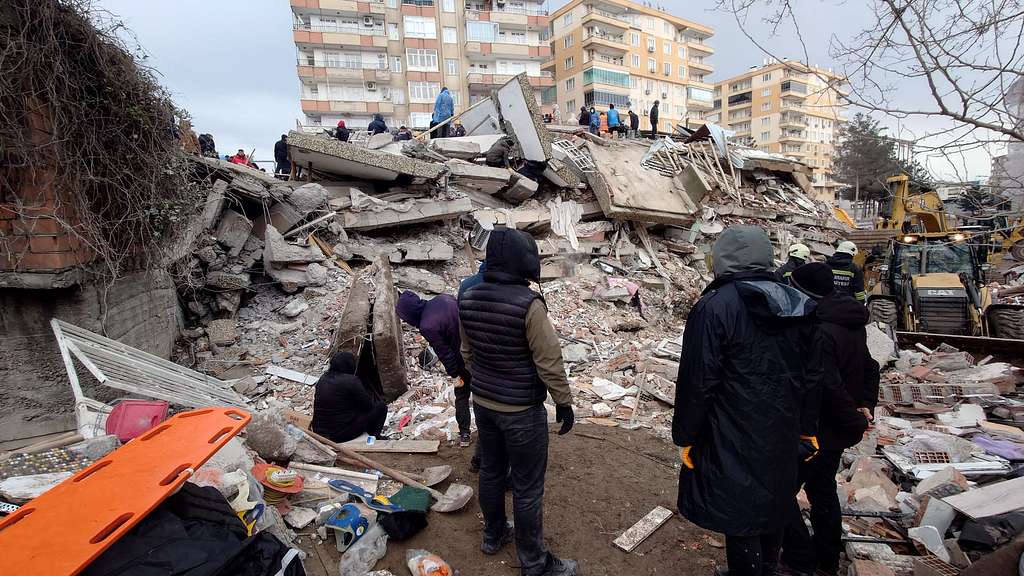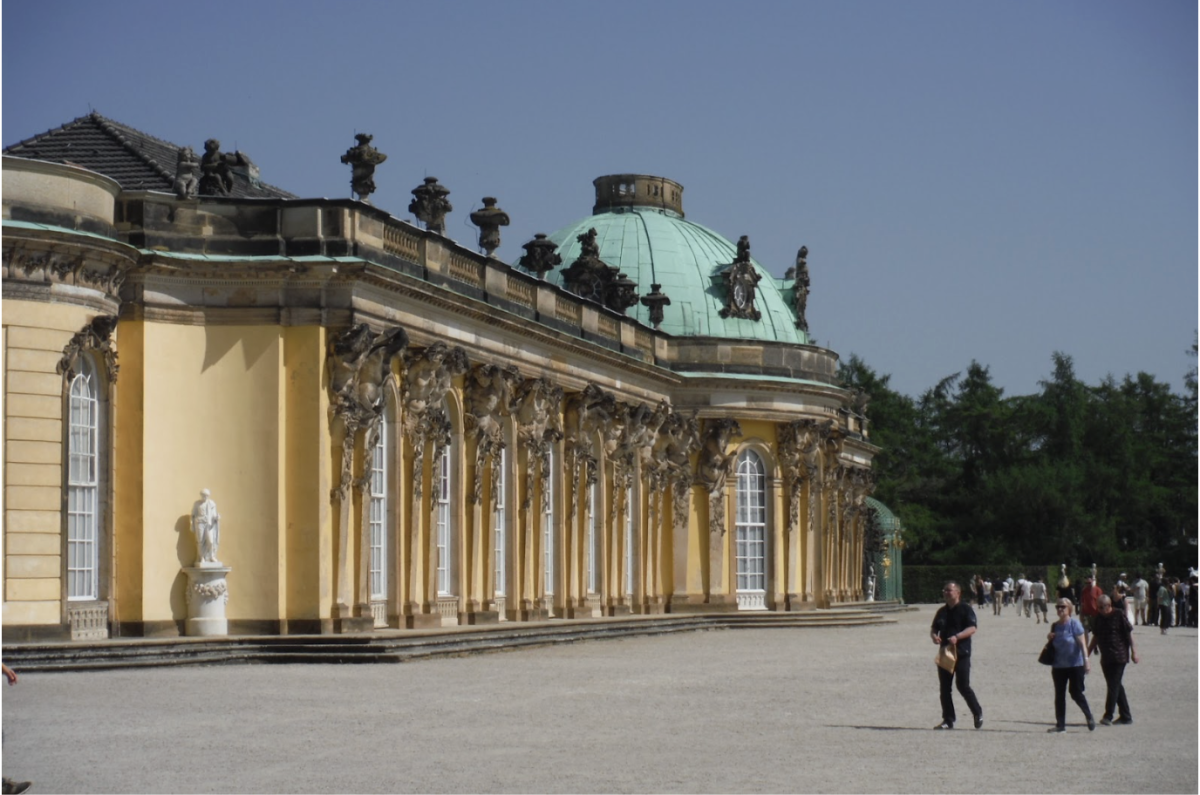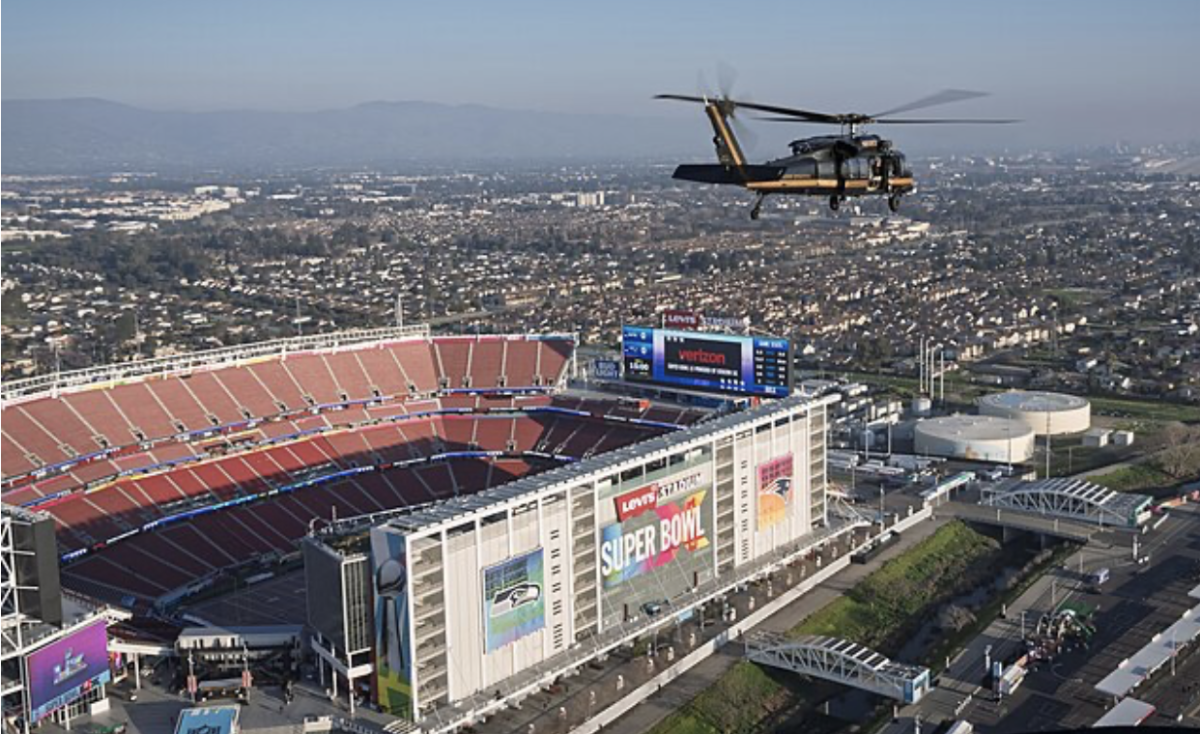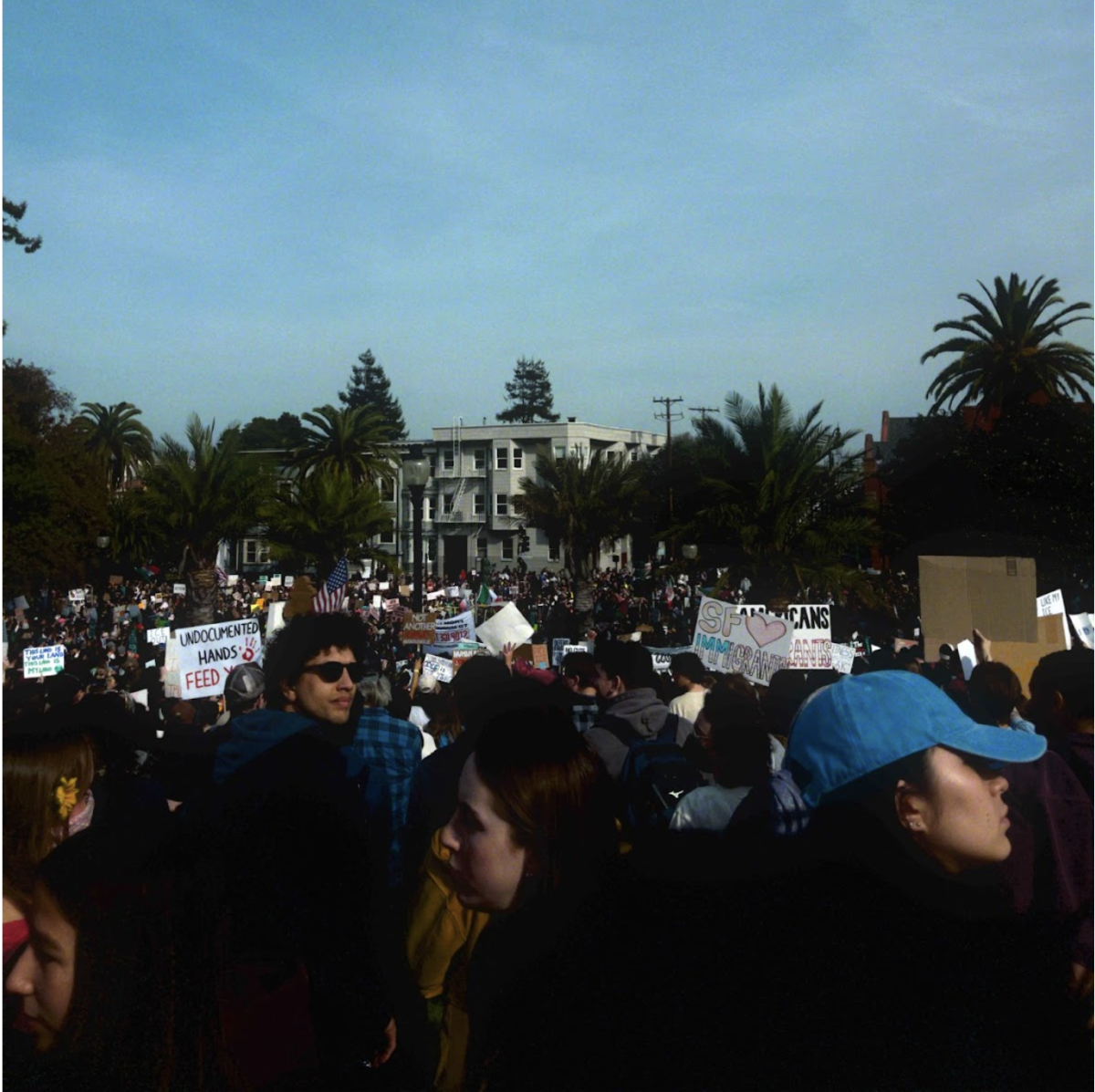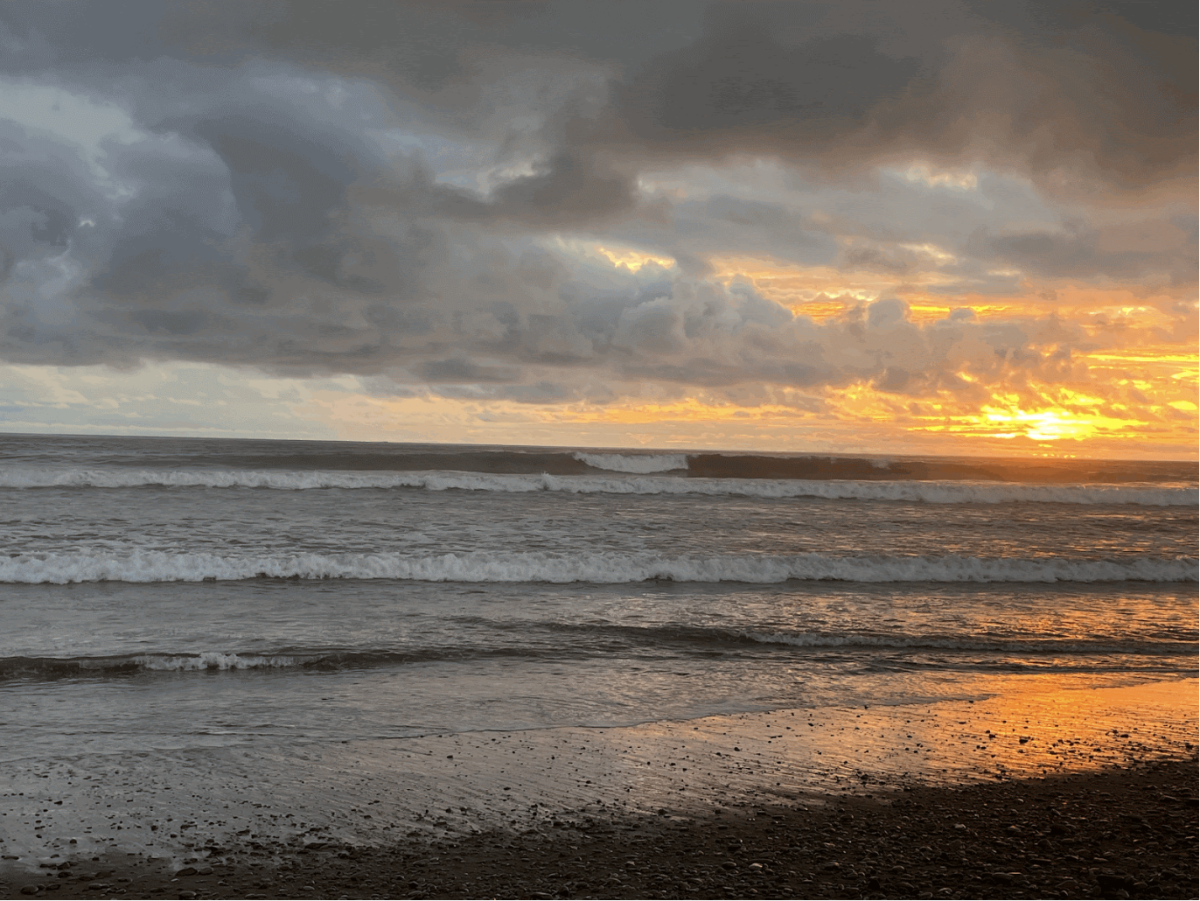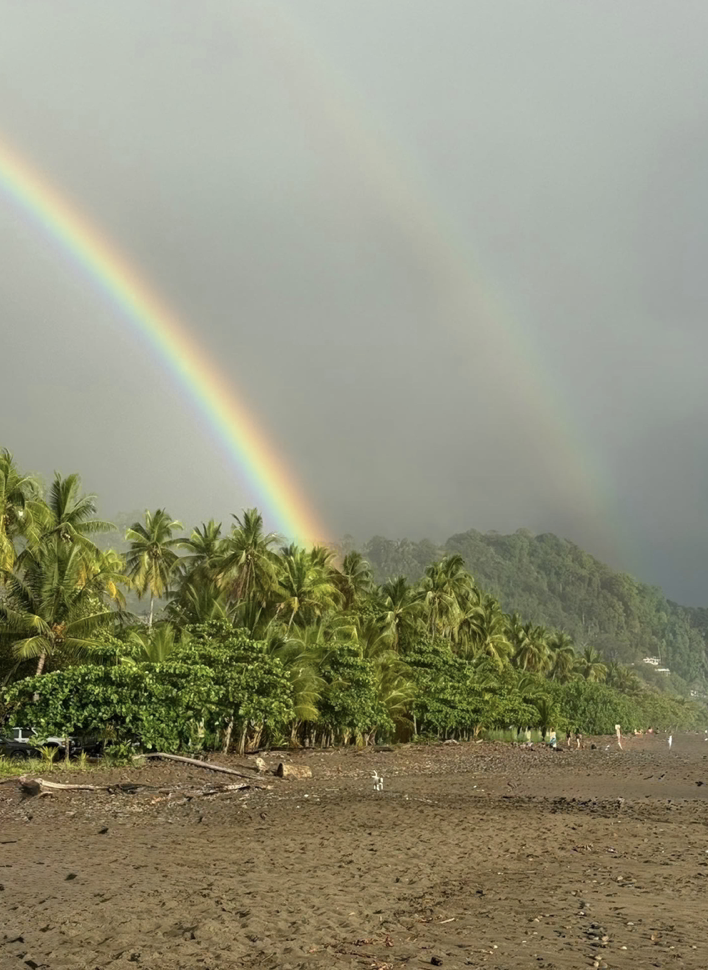Just two days apart, on Sept. 8 and Sept. 10, Morocco and Libya faced deadly natural disasters. Morocco endured a 6.8 magnitude earthquake while Libya experienced torrential rains from Storm Daniel.
“The value of interacting with news from places that feel distant is that it helps form your own opinions on things and see different perspectives,” Global Politics teacher Martin Jorgensen said. “People want things to be easy and bite-sized but being informed means looking at a variety of sources and if people don’t educate themselves on natural disasters or global events in general, even if they feel unaffected by it, democracy can’t work,”
Morocco’s earthquake has left 6,000 injured and almost 3,000 dead while impacting countless lives through the destruction of homes, roads and businesses. The epicenter of the earthquake was in the High Atlas Mountains which are south-west of the most impacted city, Marrakesh, according to the OCHA reliefweb.
The floods in Libya this year were the worst the country has faced in over a century with over 4,000 dead and 9,000 people unaccounted for, according to the World Health Organization. The flooding particularly impacted the country’s east coast and, specifically, the coastal city of Derna where two dams collapsed due to lack of updated infrastructure.
Libya has recently faced a civil war from 2014 until 2020 which affected the flooding because the governance was not focused on the needs of the people in preparation for such an event, according to Nature Journal. The previous flood hit Derna from its dam reservoirs in 2011 but the city remained less affected as there was infrastructural safety.
“People should definitely be informed on what’s happening in places that don’t necessarily affect them or even if they cannot help the various crises,” Religion, Theology, & Spirituality teacher Clint Hackenburg said. “If you’re only interested in your own country, that can often spiral into you not being interested in anything happening in the lives of others which is not what humanity is meant for,”
Storm Daniel led to extreme rainfall in other areas on the Mediterranean Sea such as Turkey, Greece, and Bulgaria, but Libya remained the most affected, according to the World Meteorological Organization. The Libyan Government also announced three days of national mourning for most impacted cities and lost lives.
“It’s scary to think that these disasters happened in such close proximity,” said senior Sofia Tobiason. “I think catastrophes such as these are reminders of how unpredictable the environment can be and how important it is to have a plan of action if it were to happen,”
Some ways to support Morocco and Libya in their efforts to rebuild and provide for the people include donating to institutions such as UNICEF, Islamic Relief, and Red Cross. As governments try to aid these situations, it is also important for individuals to donate however much they can, according to Hackenburg.
Although counties have been providing, the strong bureaucratic government in Morocco and weak authority in Libya have led to the affected communities not directly receiving the help, according to American University.
“In my opinion, it is our responsibility as one of the most powerful countries to maintain a global system that can support countries such as Libya and Morocco,” Jorgensen said. “As these natural events that lead to human disasters become more frequent, it is important to have a stable system where no one country has to provide all of the help but there is an international response in place.”



